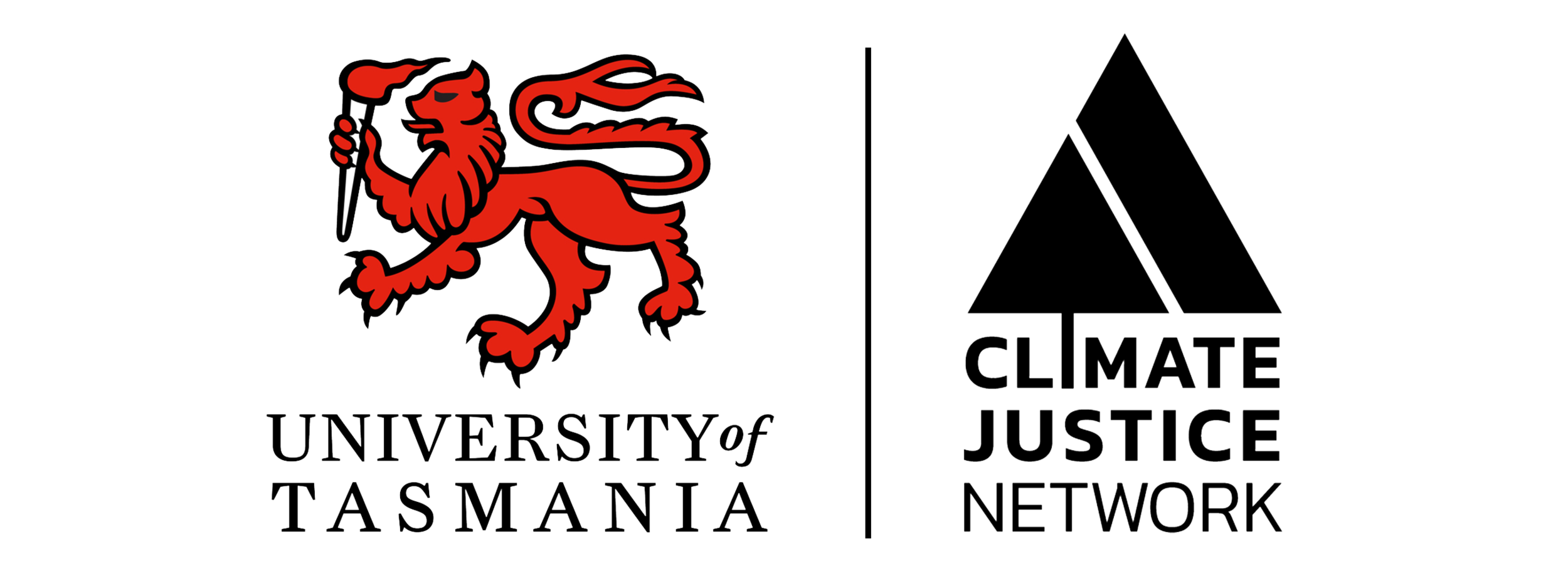The case for not valuing climate change monetarily and setting physical targets instead
Jack Pezzey, Australian National University
Jack Pezzey discussed the crucial difference between cost benefit analysis (CBA) and cost effectiveness analysis (CEA) of climate change. CEA is favourable because it sets physical targets and yields carbon prices without guessing the value of climate damage. By contrast, using the DICE CBA model, it is projected that global warming will reach a maximum temperature of four degrees when optimally controlled. These are contested results and there are differing inputs of the value of climate. DICE optimal projections of warming are also incompatible with the UN target of two degrees. These projections, however, are dependent on complex and unpredictable climate and human variables and therefore it is almost impossible to model climate damage. The prescription is to do less CBA and more CEA modelling, while recognizing the latter still faces deep uncertainties.
This talk was held at:
Imagining a Different Future
Climate Justice Conference
A multidisciplinary conference examining the barriers to responding to climate change, implementing climate justice, and proposing ways forward was held in Hobart 8-9 February 2018. Despite the Paris Agreement, there are real concerns the prevailing neoliberal economic and political model, particularly with the move to more insular, nationalistic, fragile politics, cannot respond effectively to climate change and excludes key considerations such as ethics and justice.
Keynote Presenters were: Robyn Eckersley, Steve Vanderheiden, Catriona McKinnon, Marcus Düwell, Jeremy Moss, Sivan Kartha, Lavanya Rajamani, Guy Goodwin-Gill, Jack Pezzey, Nathan Bindoff, Ben Richardson and Jan McDonald. (Full list of the presenters in the final programme.)
The University of Tasmania hosted the Conference with support of its Faculty of Law, the University of Utrecht Ethics Institute, the University of Tasmania's Institute for the Study of Social Change, Asia Institute, Faculty of Medicine, the Antarctic Climate and Ecosystems Cooperative Research Centre (ACE CRC) and the Institute for Marine and Antarctic Science (IMAS).
Videos and Podcasts from the conference are available on the Knowledge Hub.
